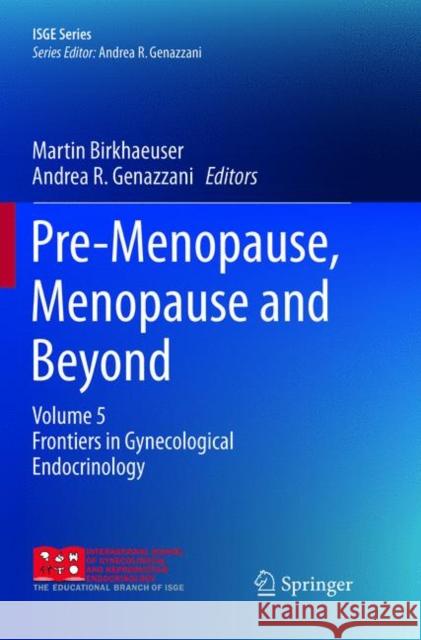Pre-Menopause, Menopause and Beyond: Volume 5: Frontiers in Gynecological Endocrinology » książka
topmenu
Pre-Menopause, Menopause and Beyond: Volume 5: Frontiers in Gynecological Endocrinology
ISBN-13: 9783319875828 / Angielski / Miękka / 2019 / 327 str.
Kategorie BISAC:
Wydawca:
Springer
Seria wydawnicza:
Język:
Angielski
ISBN-13:
9783319875828
Rok wydania:
2019
Wydanie:
Softcover Repri
Ilość stron:
327
Oprawa:
Miękka
Wolumenów:
01











